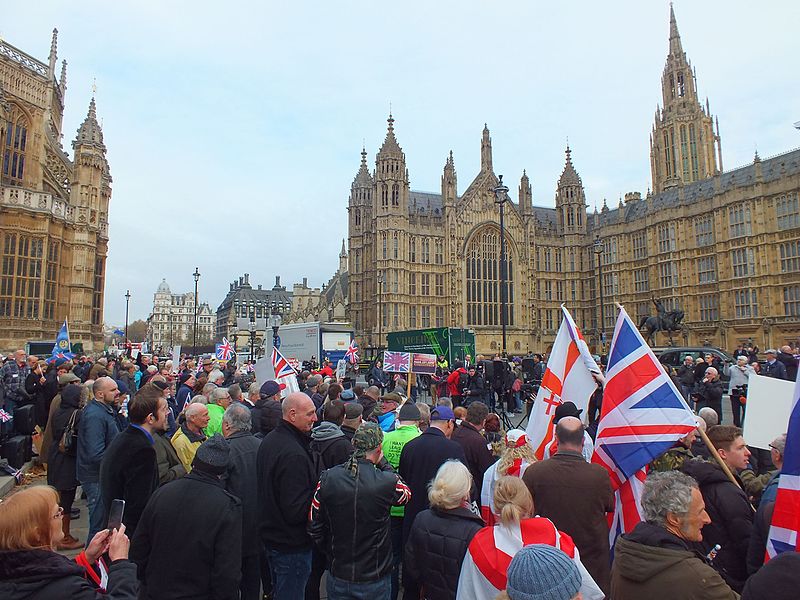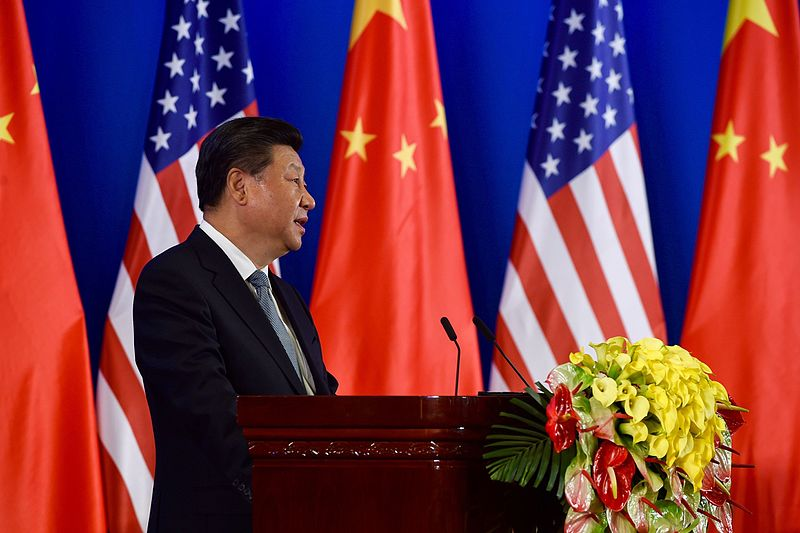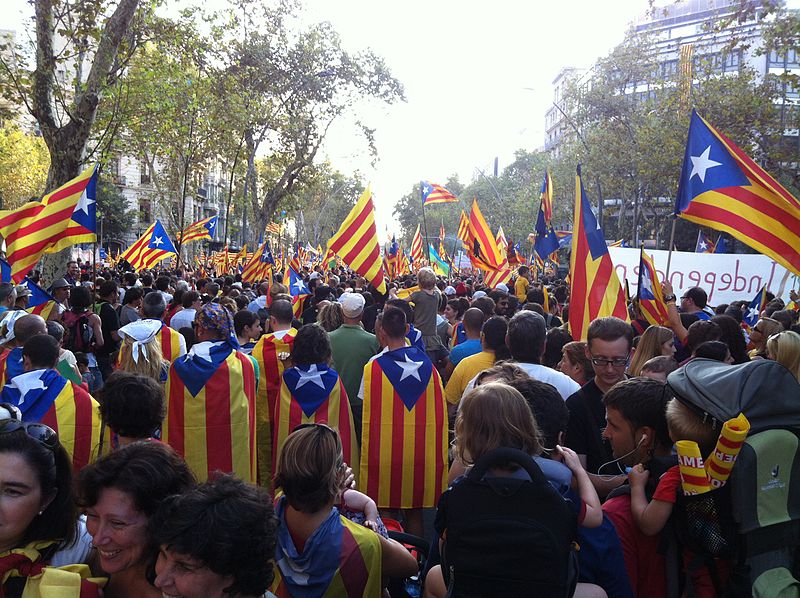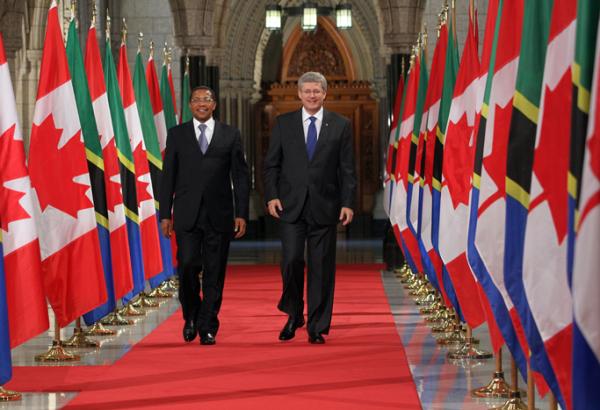In March 2017, the clock starts ticking for Brexit to come into full effect. Article 50 of the Lisbon Treaty gives the UK 2 years, starting this March, to negotiate trade deals with the rest of the world, without the help of the EU. The search has already begun before the clock has even started, and despite scolding from the EU.
Some sources state that Britain is not allowed to confirm deals with outside countries until it has officially ended its EU membership. However, British lawyers state that the UK may start to negotiate trade deals as long as they do not fully come into effect until March 2019. The UK is focusing on acquiring big-ticket trade deals with countries outside of the EU due to the uncertainty of the future deal Britain will have to make with EU as a non-member.
The EU is Britain’s biggest trade partner, with 46% of trade from British cities being exported to the EU. To replace this relationship, a substantial amount of trade will have to be boosted by international trade with non-EU countries. According to CNBC British cities would have to increase their exports to China by two times or to the US by a third to compensate for loss of trade to the EU. Britain has over two years to negotiate a trade deal with the EU before it becomes an outsider, however previous free trade privileges may be waived. Tariffs and quotas may be imposed by both sides.
The UK secured a large trade deal with Turkey at the end of January. Turkish Prime Minister, Recep Tayyip Erdogan, stated that between the two countries “We aim to increase the annual trade from 15.6 billion to 20 billion dollars”. The British-Turkish defense deal involves British BAE Systems, the world’s 3rd largest producer of arms. The US $125 million deal will develop Turkish Aerospace Industries’ jets with BAE. Turkey currently relies on US jets in its air force. In 2013, Turkey spent US $1.3 billion on American aircraft. The Turkish-British trade deal is expected to increase jobs in the UK, also providing a much needed boost for the British pound. The British pound fell to a 3 year low, dropping 16% after the referendum in June.
Both countries’ leaders have to prove their ability as they move through rocky times. British Prime Minister Theresa May stepped in for David Cameron in order to deal with Brexit and now faces the public’s wary eye as Prime Minister. May’s sudden interest in Turkey may help calm the minds of British citizens regarding the UK’s uncertain future and may prove her ability to seek trade deals without the EU.
Despite the UK’s eagerness to leave the EU, Turkey remains on the waiting list to become an EU country. Erdogan also deals with public scrutiny as the economy takes a turn for the worse. In 2017, the Turkish currency plummeted to all time lows of 0.26 Turkish lira to USD. The lira declined this past year by 17% compared to the US dollar.
An already strong trade relationship exists between the two NATO countries with over 2,800 British companies functioning in Turkey. In 2015, Britain exported US $10.6 billion to Turkey, and Turkey exported US $5.5 billion to Britain.
The UK is hopeful that they will be able to salvage a reasonable trade relationship from the EU. With the transition into Brexit, The UK may lose the benefits of EU membership, but may gain independence as trade partners with the world.
Photo: “Brexit Campaigners out side Parliament” (2016) via Wikimedia. Licensed under CC BY-SA 4.0.
Disclaimer: Any views or opinions expressed in articles are solely those of the authors and do not necessarily represent the views of the NATO Association of Canada.




